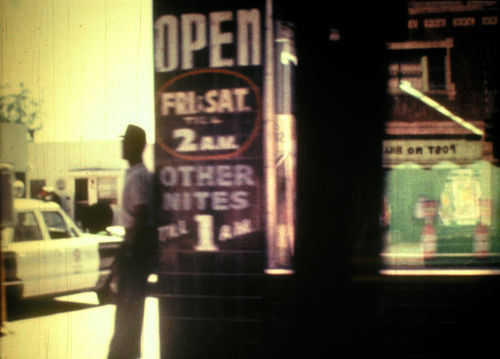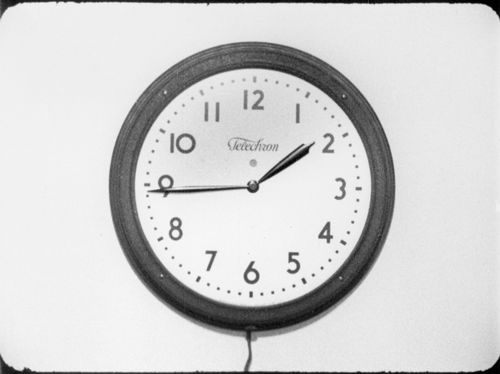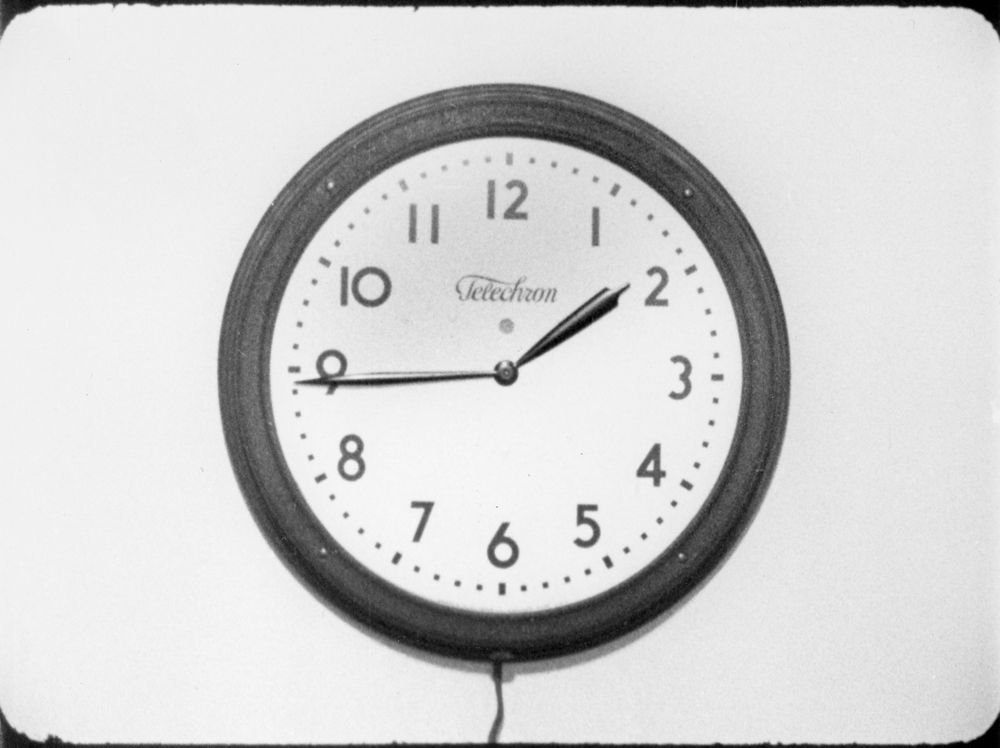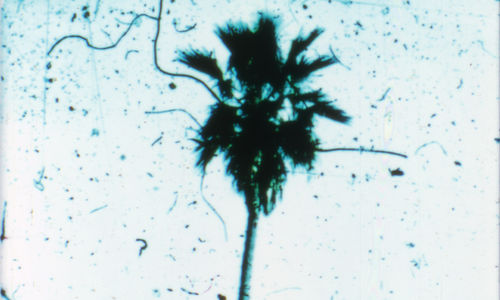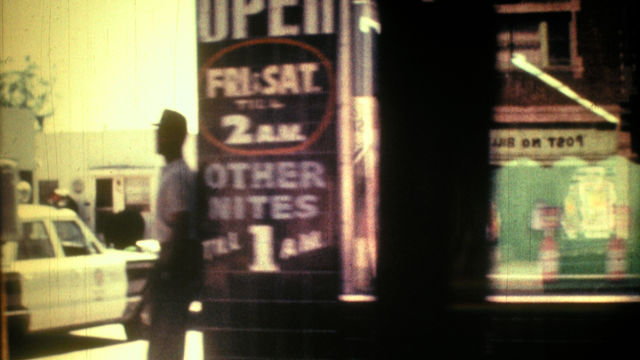
Restoring the Los Angeles Avant-Garde: Thom Andersen and Morgan Fisher
- to This is a past program
For the last 45 years, Morgan Fisher and Thom Andersen have been filmmakers, collaborators and friends.
In brilliantly lucid and conceptually rich films and media installations, Fisher has deeply and thoughtfully explored the many facets of the medium and the cinematic experience itself with great wit, intelligence and epiphany.
Andersen, perhaps best known for his most recent, internationally acclaimed film, Los Angeles Plays Itself (2003), also produced a vital body of short experimental work in the 1960s that exhibits a powerful combination of rigorous artistic clarity and profoundly felt humanism.
This evening's program offers a very rare opportunity not only to see newly restored prints of Fisher and Andersen's early film work, but to meet the artists in person for a discussion about their ideas, their films and their friendship and collaboration over the years.
All films shown in restored prints from the Academy Film Archive, and courtesy of the filmmakers. Program notes by Mark Toscano, except where noted.
Melting
Directed by Thom Andersen
"Melting is remarkable for its alluding to a forgotten history and its prescience of history to come. Thirty-odd years after Bataille announced the informe, and 32 years before Bois and Krauss brought the informe back from history, and before Bois characterized melting in this way, Thom made his film. What Thom calls the sundae's passage from edibility to waste, perfectly embodies the entropic. What once could have been eaten now cannot. Waste is something that nothing more can be made of; it has no further use." —Morgan Fisher
(1964-65, 16mm, color, sound, 6 min.)
Olivia's Place
Directed by Thom Andersen
"Olivia may have felt no need to change, but the world around her was not bound by such an impractical sentiment. Olivia's Place is gone. The site where it used to stand is now a sort of plaza between two large old wood frame houses that were moved to their present location from elsewhere in the city. One of these houses is occupied by a restaurant, the other is occupied by the California Heritage Museum." —Morgan Fisher
(1966/74, 16mm, color, sound, 6 min.)
--- -----
Directed by Thom Andersen and Malcolm Brodwick
"I consider Thom and Malcolm's film to be groundbreaking in its brilliant demonstration of the power of a rule to construct a film that unifies shots taken at different times and places. And it is also noteworthy for the new model of the documentary film that it proposes. The brilliance of --- ------- is that it refuses the power of montage as that idea has been conventionally understood, only to rediscover its power in a different form, on a new plane. Somewhere Eisenstein describes montage as that mode of construction that goes beyond representing the appearance of an event to capture the feeling of it. --- ------- operates in this way, but in a realm that is particularly resistant to representation by means of images, that of memory." —Morgan Fisher
(1966-67, 16mm, color, sound, 12 min.)
Documentary Footage
Directed by Morgan Fisher
Naturalness willfully corrupted by inevitable self-consciousness, unwittingly corrupted by unavoidable naturalness, a role played with incredible nuance and complexity by Maurine Connor.
(1968, 16mm, color, sound, 11 min.)
Production Footage
Directed by Morgan Fisher
"The cinematic mechanism cannot be completely deconstructed without resort to other means of mechanical image reproduction; a double system of representation is required; the apparent naturalness of the cinematic sign must be put into question by other indexical signs." —Thom Andersen
(1971, 16mm, color & B/W, silent, 10 min.)
Phi Phenomenon
Directed by Morgan Fisher
The phi phenomenon is a perceptual illusion (first described in 1912 by Max Wertheimer) in which a succession of still images produces a disembodied perception of motion. "Phi Phenomenon is astonishing precisely because its object is so familiar, and it fascinates me because it is a motion picture in which there is movement but no apparent movement." —Thom Andersen
(1968, 16mm, B/W, silent, 11 min.)
Turning Over
Directed by Morgan Fisher
Documented live to tape in San Francisco, October 17, 1975.
(1975, Video, B/W, sound, 13 min.)
IN PERSON: filmmakers Thom Andersen and Morgan Fisher, and Academy Film Archive preservationist Mark Toscano.
Total running time: approx. 70 min.
Public programs are made possible, in part, by a major gift from Ann and Jerry Moss.
Additional support is provided by Bronya and Andrew Galef, Good Works Foundation and Laura Donnelley, an anonymous donor, and the Hammer Programs Committee.
All films shown in restored prints from the Academy Film Archive, and courtesy of the filmmakers. Funded by the UCLA Arts Initiative. Co-presented with the UCLA Film and Television Archive and Los Angeles Filmforum.



